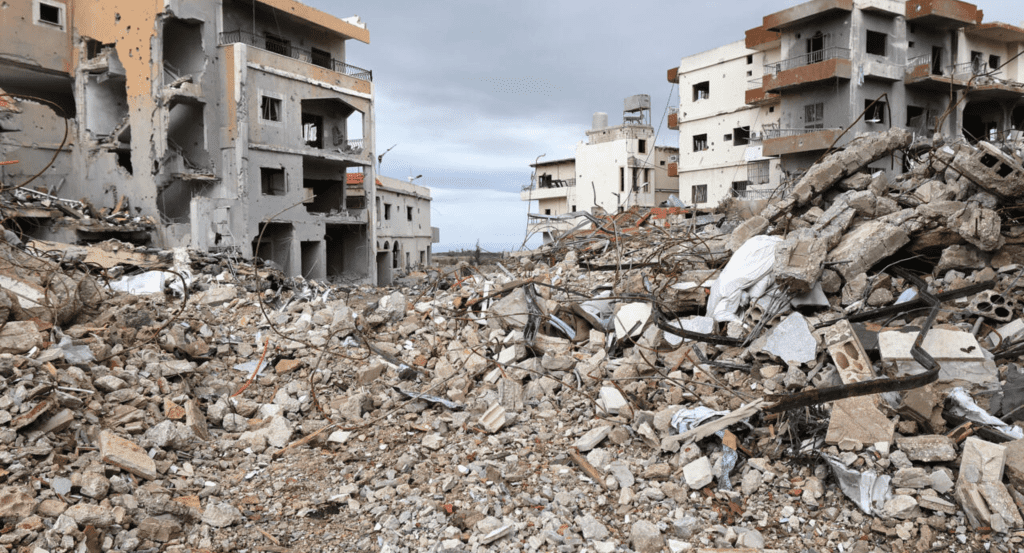Israeli airstrikes targeted southern Lebanon, resulting in casualties and raising tensions as a recently brokered ceasefire between Israel and Hezbollah faces challenges. Local reports confirmed multiple deaths and injuries following the strikes, despite the truce being in effect. The ceasefire, mediated by international parties, aims to halt weeks of hostilities that have displaced thousands and caused significant infrastructure damage.
Hezbollah’s leader, Hassan Nasrallah, in his first public address since the ceasefire, reaffirmed the group’s commitment to coordination with the Lebanese army. Nasrallah emphasized the need for national solidarity and vigilance against perceived Israeli aggression. The Hezbollah chief also criticized the international community, accusing it of partiality in addressing the conflict.
The violence has drawn international condemnation and appeals for restraint. UNICEF Executive Director Catherine Russell expressed grave concern over the impact of the conflict on children in the region. In a statement, Russell highlighted the urgent need for humanitarian aid and emphasized the importance of maintaining the ceasefire to protect vulnerable populations.
The ceasefire agreement, while welcomed by many, remains tenuous. Analysts point to long-standing tensions between Israel and Hezbollah as a significant hurdle to lasting peace. The border skirmishes have underscored the fragility of the ceasefire, with both sides accusing each other of provocations.
Southern Lebanon has borne the brunt of the hostilities, with towns and villages struggling to cope with the aftermath of airstrikes. Humanitarian organizations are working to deliver aid, but access remains limited due to security concerns. The situation has also strained Lebanon’s already fragile economy and political stability, compounding the challenges faced by the nation.
The United Nations has called for all parties to honor the ceasefire and engage in dialogue to prevent further escalation. Diplomatic efforts are ongoing, with regional and international actors urging both Israel and Hezbollah to exercise restraint. However, the path to sustainable peace remains uncertain, as deep-seated animosities and competing interests continue to fuel the conflict.
As the international community monitors developments closely, the ceasefire’s durability will depend on both sides’ willingness to uphold their commitments and prioritize humanitarian concerns. The crisis underscores the urgent need for a comprehensive resolution to the decades-long Israeli-Lebanese tensions.




















